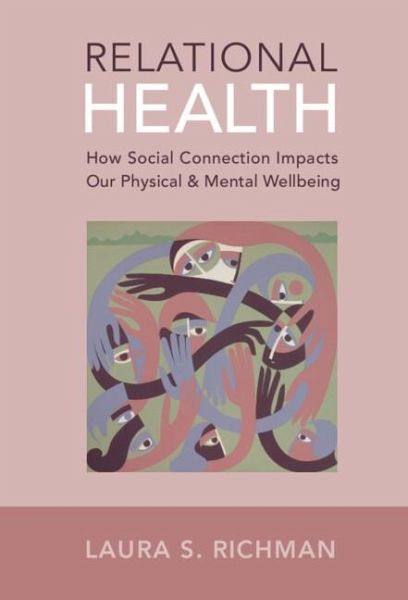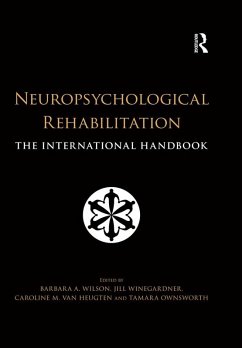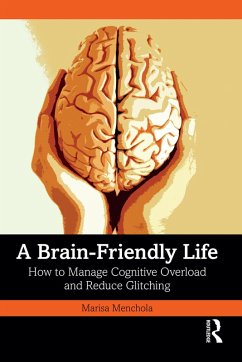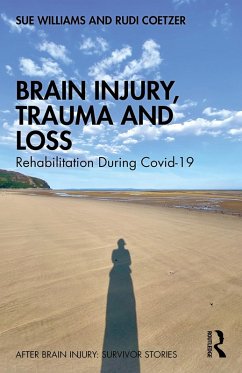
Relational Health (eBook, PDF)
Versandkostenfrei!
Sofort per Download lieferbar
22,95 €
inkl. MwSt.
Weitere Ausgaben:

PAYBACK Punkte
11 °P sammeln!
We tend to credit the healthy for good habits and discipline, and assign blame to the sick. All too often we view our health as a product of individual inputs rather than through a lens of interconnected, relational health. The relational health perspective offers an alternative way to view how our health is shaped and what the most productive avenues are for achieving long-term positive outcomes. This book draws on empirical research that illuminates how social relationships affect health outcomes, with a focus on three specific health problems: obesity, opioid use disorder, and depression in...
We tend to credit the healthy for good habits and discipline, and assign blame to the sick. All too often we view our health as a product of individual inputs rather than through a lens of interconnected, relational health. The relational health perspective offers an alternative way to view how our health is shaped and what the most productive avenues are for achieving long-term positive outcomes. This book draws on empirical research that illuminates how social relationships affect health outcomes, with a focus on three specific health problems: obesity, opioid use disorder, and depression in older adults. It incorporates examples of the untapped potential of community resources, social networks, and varied partnerships. The research presented is supplemented by perspectives from healthcare providers, patients and their families, and health policy experts, examining the role of relationships in health production and maintenance.
Dieser Download kann aus rechtlichen Gründen nur mit Rechnungsadresse in A, B, BG, CY, CZ, D, DK, EW, E, FIN, F, GR, HR, H, IRL, I, LT, L, LR, M, NL, PL, P, R, S, SLO, SK ausgeliefert werden.













